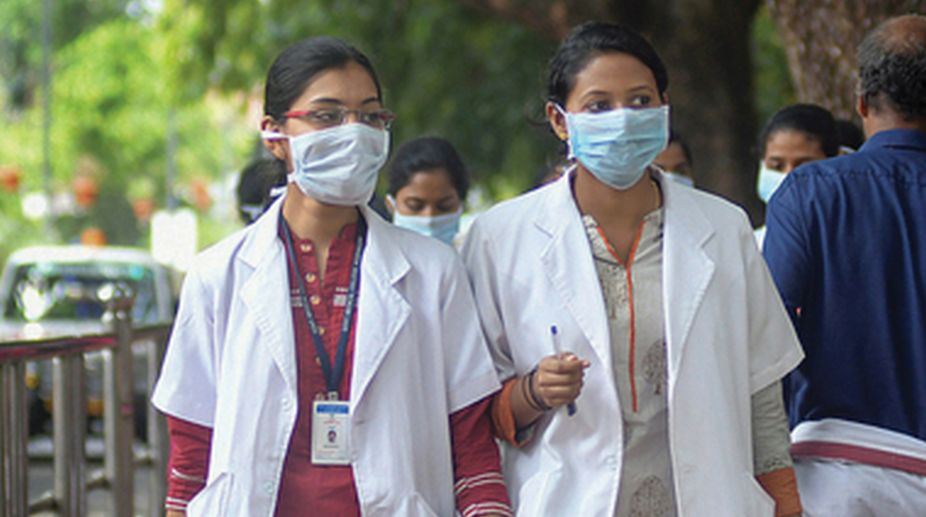MV Govindan retained as CPM Kerala secretary for another term
The 24th CPI-M Kerala state conference which concluded in Kollam on Sunday, has elected incumbent MV Govindan as the state secretary of the party.
The Kerala government on Saturday decided to postpone the re-opening of educational institutions in Kozhikode district to June 12, besides deferring all examinations, except those conducted by the Union Public Service Commission (UPSC).

The Kerala government on Saturday decided to postpone the re-opening of educational institutions in Kozhikode district to June 12, besides deferring all examinations, except those conducted by the Union Public Service Commission (UPSC).
Interviews being conducted by the state public service commission have also been postponed. A decision in this regard was taken at a high-level meeting here, chaired by state Health Minister K K Shailaja and additional chief secretary (health) Rajeev Sadanandan.
Advertisement
Sixteen persons have lost their lives so far to Nipah virus (NiV) in two districts of the state since the confirmation of the deadly virus on May 17.
Advertisement
“As a precautionary measure, it has been decided to further postpone the re-opening of schools and colleges and holding of examinations,” Shailaja said. An all-party meeting will be held at Thiruvananthapuram on Monday to review the situation, she said.
The health minister said the Leader of Opposition in the Assembly Ramesh Chennithala had also enquired also about the situation following the outbreak of the deadly virus.
Now, the effort is to prevent a second wave of the infection and, therefore, extreme caution has to be exercised. A list of 1,950 persons, who had come in contact with confirmed NiV cases, has been prepared and they are being closely monitored, she added.
In the morning, the death of a 39-year-old woman, Roja, who showed symptoms of the virus, gave a scare. But, her blood samples were found to be negative, she said, stressing the need to remain extremely vigilant even though there were no fresh cases.
Sadanandan, meanwhile, said the monoclonal antibodies from Australia had reached the state and was on its way to Kozhikode medical college from Kochi. It will be administered only if there was any fresh Nipah cases.
Experts from Indian Council of Medical Research (ICMR) — the apex body in the country for the formulation, coordination and promotion of biomedical research — will be reaching here on Monday and the antibody would be administered only if it was necessary. With the help of ICMR and the World Health Organisation (WHO), the state government had procured about 50 doses of a monoclonal antibodies from Australia to combat the virus, he added.
The ICMR had written to the Queensland government in Australia asking it to provide the antibody developed there to test if it can neutralise the virus in humans.
The natural host of the virus is believed to be fruit bats of the Pteropodidae family, Pteropus genus.
Advertisement